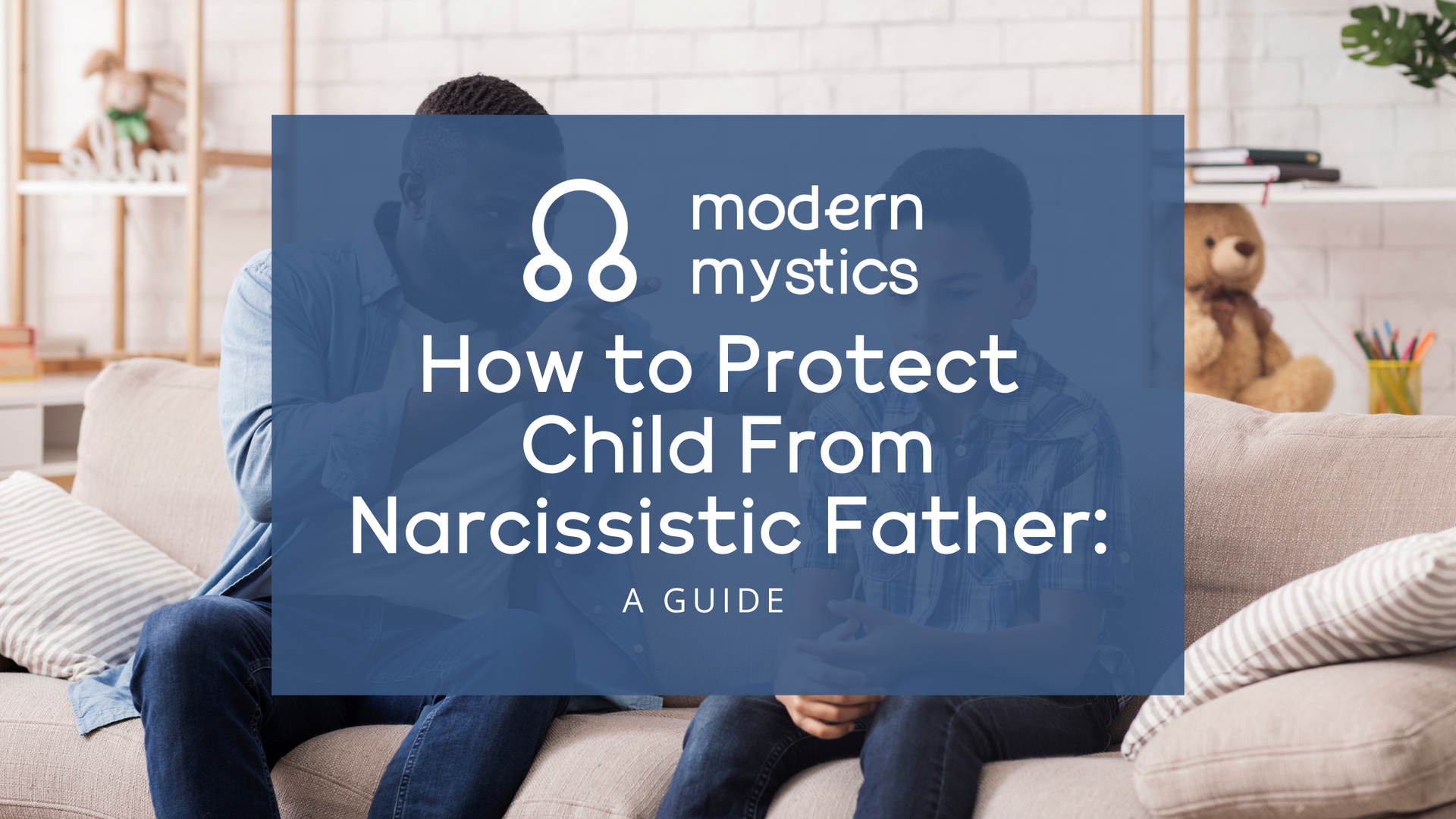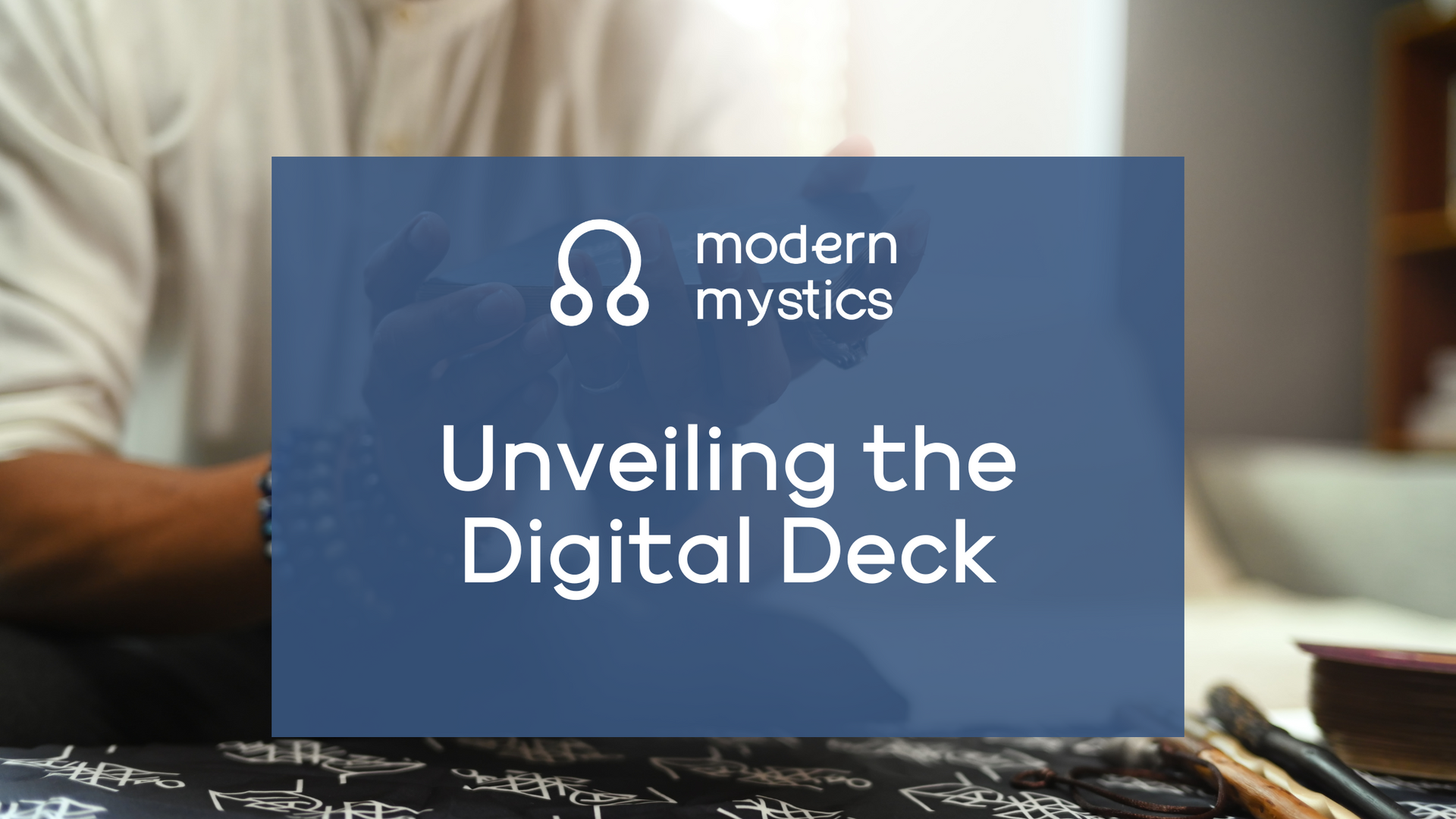Will an ER Prescribe Anxiety Meds? Here's What You Need To Know.
You're looking for reassurance about a deeply personal health concern: whether an ER can provide anxiety medication when you're experiencing a full-blown panic attack. It feels scary and urgent, yet you hesitate to visit an ER for something that feels like "just" anxiety. Plus, will they even prescribe anti-anxiety medication, or just brush it off? This article tackles those anxieties head-on so you can make informed choices during a stressful time.
Anxiety disorders are more common than you might think. In fact, 20 percent of Americans struggle with them, often brought on by work, relationships, and the demands of daily life. Sometimes, anxiety feels less like general worry and more like a heart attack or a panic attack. This is where understanding the emergency room's role in mental health comes in.
Table of Contents:
- Can You Get Anxiety Medication at the ER?
- When Does Anxiety Warrant an ER Visit?
- Mental Health Resources for Anxiety
- Conclusion
Can You Get Anxiety Medication at the ER?
The short answer is: sometimes. Emergency rooms are equipped to deal with immediate, life-threatening situations. While severe anxiety or panic attacks are distressing, it might not always warrant emergency care, especially if you've had panic attacks before.
However, because a panic attack's symptoms often mirror those of a heart attack, it’s always best to err on the side of caution. As Stephanie Dolgoff, deputy director of the Hearst Health Newsroom, puts it in a Good Housekeeping article, both panic attacks and heart attacks “feel awful—and have some of the same or very similar symptoms.” That's why seeking immediate medical evaluation is key when those symptoms hit.
When you arrive at the emergency room or urgent care center with anxiety or panic attack symptoms, here's what typically happens:
Medical Evaluation and Ruling Out Other Conditions
ER doctors or nurse practitioners prioritize ruling out any life-threatening medical emergencies first. According to Good Housekeeping , they might administer an electrocardiogram (EKG), checking your heart’s electrical signals.
Additionally, they could test the levels of the protein troponin in your blood. This protein can reveal heart damage. If physical causes are ruled out, the focus shifts towards addressing your anxiety symptoms.
Treatment Options for Anxiety in the ER
Emergency rooms primarily offer short-term solutions to manage acute anxiety. If your symptoms are severe or interfering with your ability to function, doctors might prescribe anti-anxiety medications such as benzodiazepines.
These are fast-acting sedatives to reduce anxiety. However, due to the risk of dependency, they’re not meant for long-term use. The goal is to provide immediate relief and connect you with appropriate mental health services for ongoing management of anxiety disorders.
While the ER or urgent care center might prescribe anxiety medication for temporary relief, it is not the ideal place to address the root causes of anxiety disorders or prescribe serotonin reuptake inhibitors. Emergency rooms prescribe anxiety medication to help stabilize you, but long-term care requires further medical follow-up.

Crisis Stabilization
When your anxiety escalates into a crisis, the emergency room can provide a safe, stabilizing environment. This is particularly important if you have thoughts of harming yourself or others.
Connecting You With Resources
After the initial crisis subsides, the ER staff can connect you with mental health services in your community for ongoing care. This could include:
- Referrals to psychiatrists who specialize in anxiety disorders and can prescribe anti-anxiety medications like selective serotonin reuptake inhibitors (SSRIs).
- Connecting you with therapists who can help you manage anxiety through therapy. It is important to know that there is no one-size-fits-all solution. Will emergency rooms prescribe anxiety meds? The circumstances matter.
When Does Anxiety Warrant an ER Visit?
While mild anxiety is often manageable with coping techniques, knowing when it becomes a medical concern is vital. Seek immediate emergency care if:
- This is your first experience with intense anxiety or panic attacks. It's crucial to rule out any underlying medical conditions that might cause similar symptoms.
- You have thoughts of suicide or harming yourself or others. In this case, seeking immediate help is crucial for your safety and the safety of others. Call 911 immediately.
- Your anxiety is so severe that it’s interfering with your daily life, relationships, or work.
- You experience physical symptoms, like chest pain, dizziness, or difficulty breathing. As mentioned earlier, these mirror symptoms of more serious conditions and warrant immediate evaluation. Even if the emergency room visit doesn’t result in a prescription for anti-anxiety medication, it helps you feel less alone, especially during moments of acute distress. As the Cleveland Clinic points out, “Healthcare professionals can make sure you’re OK and give you any necessary treatment.”
Mental Health Resources for Anxiety
It is helpful to know where to turn to in the event you need mental health services. There are various resources available for mental health services if needed.
| Organization | Contact Information | Services Provided |
|---|---|---|
| Recreate Behavioral Health Network | 1-855-951-4077 | Mental health services and treatment programs |
| SAMHSA | 1-800-662-4357 | Substance abuse and mental health services |
| 988 Suicide and Crisis Lifeline | 988 | Crisis intervention and suicide prevention |
| National Alliance on Mental Illness (NAMI) | 1-800-950-6264 | Support, education, and advocacy for people with mental health issues, including anxiety disorders |
| Veterans Crisis Line | 988 (Press 1) | Crisis intervention and support services for veterans and their families |
Navigating anxiety, panic attacks, and seeking care can feel overwhelming and isolating, but you are not alone. Sometimes just reaching out for support or information can be helpful for you. These organizations provide 24/7 support.
Please note: The content of this blog post is provided for informational purposes only. It does not constitute medical advice. If you're experiencing a mental health crisis or any medical emergency, call 911 or your local emergency services number immediately.
Conclusion
Determining if an ER will prescribe anti-anxiety medications depends on your specific symptoms and situation. While their priority is treating urgent medical conditions, they can offer support and short-term solutions to manage acute anxiety. For ongoing care, consider scheduling an appointment with a healthcare professional who can prescribe anxiety medications such as selective serotonin reuptake inhibitors (SSRIs).
Remember that you don't have to suffer alone. Reaching out to health services is often the first step toward getting better.



